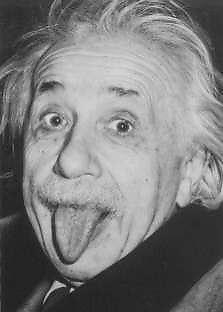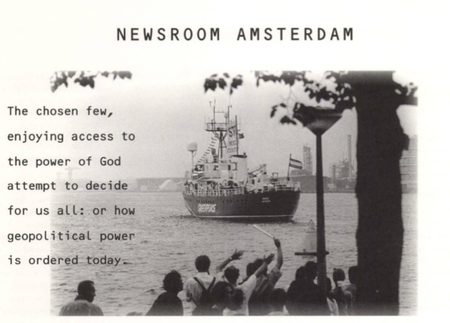Albert Einstein grew up in Munich and Milan, but later moved to Switzerland, and also because a Swiss citizen. While obtaining his doctorate at the University of Zurich in 1905, he worked in a patent office. That is also where he developed his special theory of relativity, explained the photoelectric effect and studied the movement of atoms extensively.
The difference between the initial special relativity theory, which Einstein developed in 1905, and his general relativity theory, which was published in 1916, was that special relativity only dealt with systems that were in uniform motion, thus not accelerating or decelerating. General relativity produced the famous gravitation and inertia equivalence, which consequently also described gravitation as a determiner of the curvature in a space-time continuum.
In 1914 he was invited to fill the posts of titular professor of physics at the Kaiser Wilhem institute in Berlin and at the Prussian Academy of Sciences. While he was there, he resumed his German citizenship, only to have it revoked again in 1934 because he was Jewish.
Between those two occurrences he managed to win the Nobel Prize in Physics for his work in theoretical physics, most notably for his work on the photo electric effect. To explain the photo electric effect, he had created photons, or light quanta, which had contributed greatly to the development of the quantum theory.
An interesting fact is that Einstein himself did not regard the quantum theory as a particularly great achievement, but saw it merely as a temporary structure which might help us find an elegant and simple explanation of the universe.
After his fabulous general relativity, he was trying to develop a unified theory, a theory which would combine gravitation, electromagnetism and subatomic phenomena. He moved to the United States where he had previously accepted a post at the Institute for Advanced Study, Princeton and became an American citizen.
Even though he was an ardent pacifist, he collaborated in harnessing atomic energy in a scientific knowledge struggle under president Roosevelt, and the theories regarding atomic bombs were later used in the second world war against Japan.
In 1948, the United Nations created the State of Israel, of which Einstein is offered presidency three years later, based on his previous strong support of Zionism. He declines however, and dies in 1955, without achieving his physics goal of finding a unifying theory, but still as perhaps the most influential physicist of all times.

